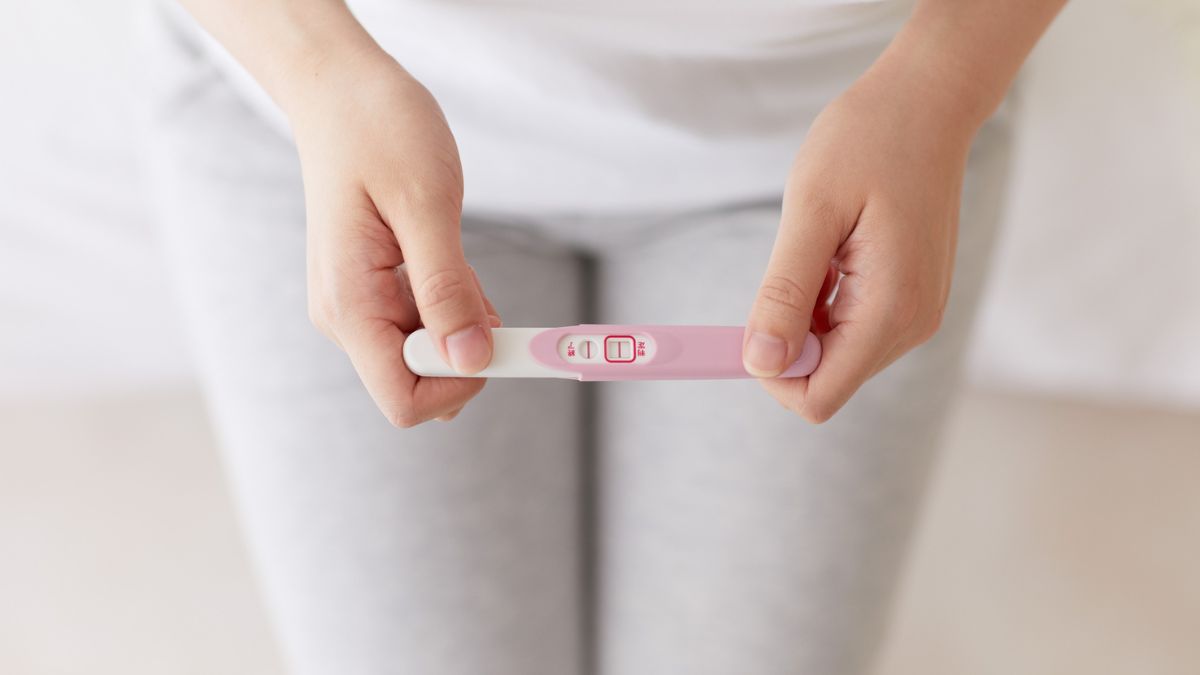- By Bornika Das
- Thu, 28 Aug 2025 08:03 PM (IST)
- Source:JND
For decades, birth control pills have been the most used and trusted option for women in avoiding pregnancy. In addition to contraception, numerous women also use the pill for cycle regulation, cramp relief or to curb excess bleeding. But along with the advantages comes one overriding concern: does long-term birth control pill use impede fertility and make it more difficult to conceive in the future? This is a query that frequently generates fear, particularly in women who are organising for future motherhood.
The good news is that the pill never leads to long-term infertility. As soon as a woman quits taking it, her body returns to ovulation automatically within a few weeks or months. Any prolongation in normal cycles generally indicates underlying conditions—like PCOS or thyroid problems, rather than the pill. In conversation with The Daily Jagran, Dr Shreya Gupta, Fertility Specialist, Birla Fertility & IVF, Lucknow, shares science-backed truth behind what the birth control pill really means for future fertility.
Birth control pills are one of the most common contraceptive choices today. They prevent pregnancy, but women also use them for cycle regulation, relief from painful periods, or to control heavy bleeding. Despite this, there is a recurring worry: can being on the pill for years reduce the chances of getting pregnant later?
ALSO READ: IVF Success In India: Doctor Explains What Every Couple Needs To Know Before Starting
The answer, backed by medical research, is no. Dr Shreya Gupta states, “Pills do not cause permanent infertility. In most cases, the body resumes ovulation naturally within weeks or months after stopping them.” If the return to regular cycles is delayed, it usually points to an existing condition rather than the pill itself.

Do Birth Control Pills Affect Fertility (Image Credits: Canva)
The confusion often comes from how the pill works. Because it regulates bleeding, it can cover up issues such as PCOS or irregular ovulation. Once the medication is stopped, these problems may surface, giving the impression that the pill has created them. In reality, the pill has only been masking the symptoms.
ALSO READ: Are You Missing The Early Signs Of Infertility? Here’s What Gynaecologist Wants Every Woman To Know
Dr Shreya Gupta mentions, “In addition, the pill provides other health benefits – lowering the risk of ovarian and endometrial cancers, protecting against ovarian cysts, and offering better cycle control.”
If periods remain irregular six to twelve months after stopping the pill, a medical consultation is recommended. Age, lifestyle, thyroid disorders, PCOS, or reduced ovarian reserve are all factors that influence fertility outcomes more than prior contraceptive use.
To summarise, oral contraceptives are safe, reversible, and effective. They do not interfere with a woman’s ability to conceive. Paying attention to overall reproductive health and seeking timely specialist care are what truly make a difference when planning pregnancy.

